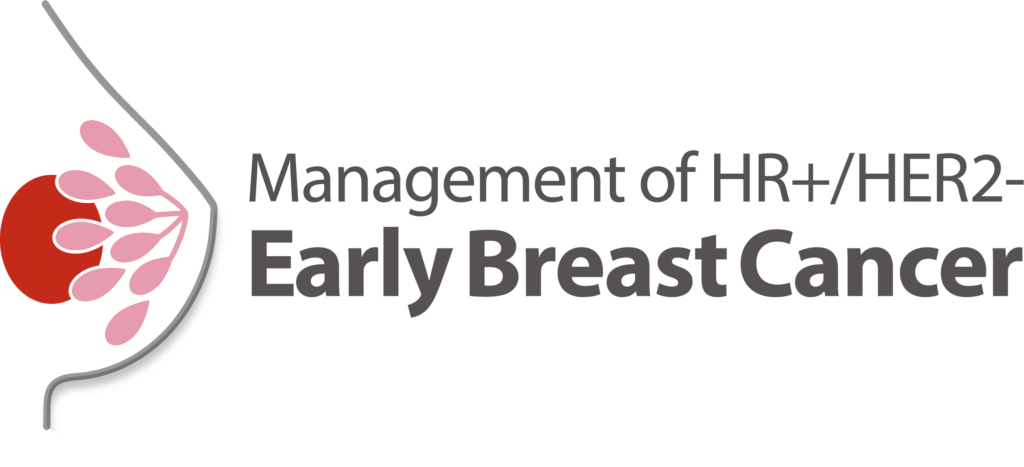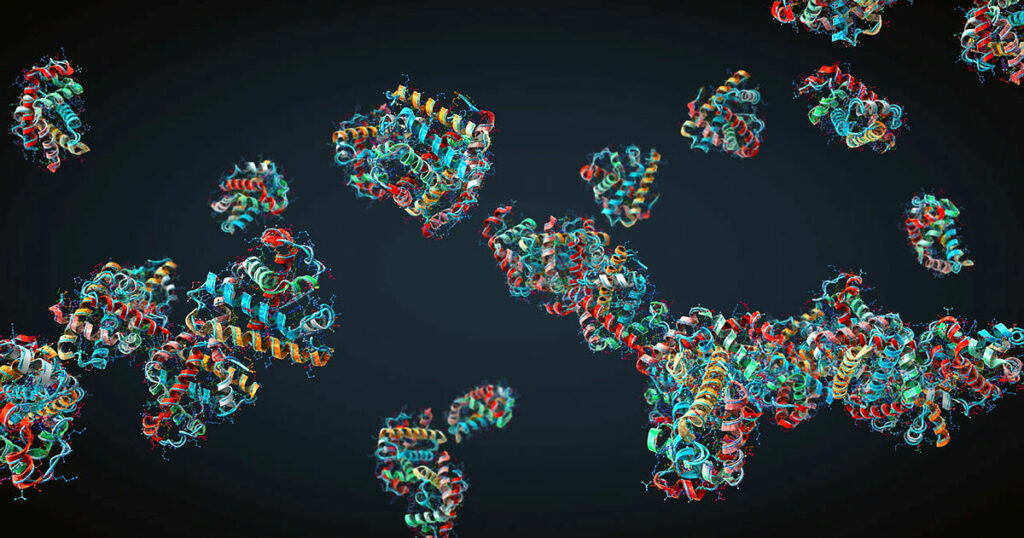medwireNews: Plasma circulating tumor (ct)DNA analysis could help identify patients with hormone receptor (HR)-positive, HER2-negative early breast cancer who are likely to have distant recurrence at 5 years or more after diagnosis despite receipt of adjuvant therapy, indicate CHiRP study results.
All but two of the eight patients with minimal residual disease (MRD) as detected by ctDNA analysis at any timepoint during follow-up developed distant late recurrence, presenting author Marla Lipsyc-Sharf, from Dana-Farber Cancer Institute in Boston, Massachusetts, USA, told delegates of the 2022 ASCO Annual Meeting in Chicago, Illinois, USA.
“The CHiRP study is an important first step toward understanding the baseline prevalence and role of ctDNA in this setting,” she said.
“Multiple prospective clinical trials are underway and in planning to establish the clinical utility of ctDNA assays in this setting, and understand whether intervention after MRD detection improves patient outcomes, such as survival or quality of life.”
The current study, which was published simultaneously in the Journal of Clinical Oncology, included 85 patients receiving care at Dana-Farber Cancer Institute for stage II or III breast cancer that was diagnosed at least 5 years ago. All participants had high-risk disease, defined as below, and underwent routine follow-up, with blood samples collected every 6–12 months at clinical visits.
clinical stage T3 or T4 and/or N2 or N3;
clinical stage T1N1 with three or more involved lymph nodes; or
clinical stage T2N1 that was of grade 3 or had Ki-67 levels of at least 20% or an Oncotype Dx risk score of at least 26 points.
Whole-exome sequencing of the primary tumor was performed successfully in 83 of the 85 participants, and the detected somatic mutations were used to design a personalized ctDNA RaDaR® assay for each patient, with 21–51 variants, that was applied to the plasma samples collected during the course of the study.
The median age of the 83 participants was 53 years, all had received adjuvant endocrine therapy, and the majority had stage III disease (68.7%) and had received chemotherapy (90.4%).
Lipsyc-Sharf reported that over a median follow-up of 10.4 years from diagnosis and 2.0 years from first sample collection, ctDNA was detected in eight (10.0%) patients and metastatic recurrence developed in six (7.2%).
She highlighted that all six patients with distant recurrence had a positive ctDNA test at a median lead time of 12.4 months prior to relapse. The lead time ranged from 2 days – in a patient who had not had a blood sample collection in the preceding year and a half – to 37.6 months.
Recurrence-free survival appeared to be worse for patients with versus without detectable ctDNA, but the low rate of events “precludes further statistical analysis,” said Lipsyc-Sharf.
One (1.2%) of the 83 patients developed locoregional recurrence, but this individual did not have a positive ctDNA test at any timepoint before relapse.
The presenter drew attention to some of the limitations of the study, such as the small number of patients and low absolute number of recurrences, which is “likely related to the limited follow-up period and the low but steady rate of late recurrences” in HR-positive breast cancer.
She also pointed out that as plasma samples were collected every 6–12 months “lead time assessments may not be as accurate as more densely timed sampling would allow.”
Ben Ho Park (Vanderbilt University Medical Center, Nashville, Tennessee, USA), who discussed the findings, said that despite the limited sample size, the study was a “striking example of validation that presence of ctDNA predicts for recurrence.”
He added that CHiRP “[p]rovides potential opportunities for clinical utility studies to determine if therapeutic intervention can cure more patients.”
medwireNews is an independent medical news service provided by Springer Healthcare Ltd. © 2022 Springer Healthcare Ltd, part of the Springer Nature Group
2022 ASCO Annual Meeting; Chicago, Illinois, USA: 3–7 June
J Clin Oncol 2022; doi:10.1200/JCO.22.00908
Abstract link https://meetings.asco.org/abstracts-presentations/209216
Article link https://ascopubs.org/doi/full/10.1200/JCO.22.00908
Author: Shreeya Nanda

